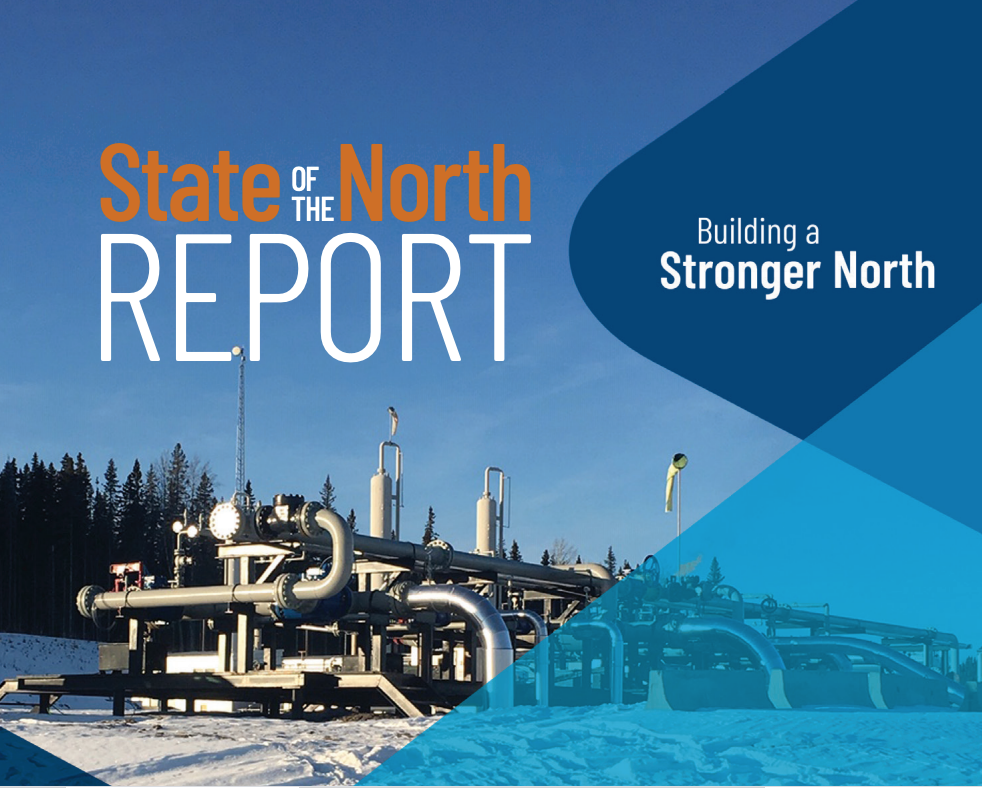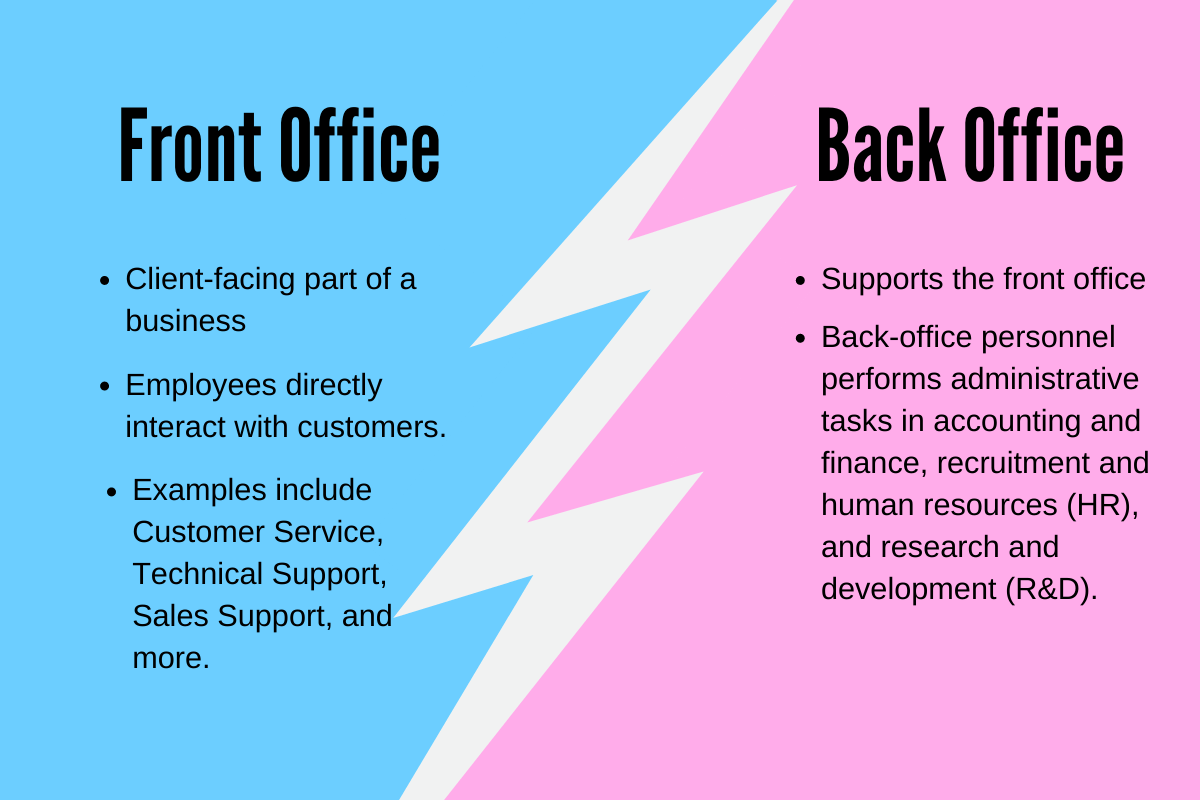Boosting Resilience: Practical Steps For Improved Mental Well-being

Table of Contents
Understanding Resilience: What It Is and Why It Matters
Resilience is the ability to recover quickly from difficulties; it's the mental toughness that allows you to bounce back from setbacks, adapt to change, and thrive even in the face of adversity. It's not about avoiding hardship, but about navigating it effectively. Building resilience is crucial for your mental health, as it equips you with the tools to manage stress, overcome challenges, and maintain a positive outlook.
The benefits of building resilience are numerous and impactful, contributing significantly to improved overall mental well-being. These benefits include:
-
Improved ability to cope with stress and adversity: Resilient individuals are better equipped to handle stressful situations without feeling overwhelmed. They possess a greater capacity to adapt and adjust to changing circumstances.
-
Faster recovery from setbacks: When faced with setbacks, resilient people tend to recover more quickly and effectively. They don't dwell on failures but learn from them and move forward.
-
Greater emotional regulation: Resilience fosters improved emotional regulation, enabling individuals to manage their emotions more effectively and avoid impulsive reactions.
-
Enhanced problem-solving skills: Building resilience strengthens problem-solving skills, allowing individuals to approach challenges with a more resourceful and strategic mindset.
-
Stronger sense of self-efficacy: Resilient individuals have a stronger belief in their ability to cope with challenges and achieve their goals, enhancing their self-esteem and confidence.
Practical Strategies for Boosting Resilience
Building resilience is an active process requiring conscious effort and commitment. Here are some practical strategies to help you enhance your resilience and improve your mental well-being:
Cultivating Positive Self-Talk and Mindset
The power of positive self-talk and a resilient mindset cannot be overstated. Negative self-talk can be incredibly detrimental, while positive affirmations and reframing negative thoughts can significantly boost your resilience.
-
Practice mindfulness and self-compassion: Paying attention to the present moment without judgment and treating yourself with kindness are essential for building self-awareness and resilience.
-
Challenge negative thoughts and replace them with positive ones: Actively identify negative thought patterns and consciously replace them with more positive and realistic ones. For example, instead of thinking "I'm a failure," try "This didn't go as planned, but I can learn from this and try again."
-
Focus on your strengths and accomplishments: Acknowledge and celebrate your strengths, accomplishments, and positive qualities. This helps build self-esteem and confidence, crucial components of resilience.
-
Keep a gratitude journal: Regularly writing down things you are grateful for shifts your focus to the positive aspects of your life, fostering a more optimistic outlook and increased resilience.
Building Strong Social Connections
Strong social connections are a cornerstone of resilience. Supportive relationships provide emotional support, a sense of belonging, and a network to draw strength from during challenging times.
-
Nurture existing relationships: Invest time and energy in maintaining strong relationships with friends and family. Regular communication and quality time are vital.
-
Seek out new social connections: Don't be afraid to reach out and make new connections. Join clubs, groups, or volunteer organizations to expand your social circle.
-
Join a club or group with shared interests: Sharing common interests with others creates a sense of community and belonging, providing emotional support and reducing feelings of isolation.
-
Participate in community activities: Engaging in community activities provides opportunities for social interaction and connection, contributing to a stronger sense of belonging and support.
Prioritizing Self-Care and Healthy Habits
Physical health is intrinsically linked to mental well-being and resilience. Prioritizing self-care and adopting healthy habits significantly impact your ability to cope with stress and adversity.
-
Engage in regular physical activity: Exercise releases endorphins, reduces stress, and improves mood. Aim for at least 30 minutes of moderate-intensity exercise most days of the week.
-
Maintain a balanced and nutritious diet: A healthy diet provides your body with the nutrients it needs to function optimally, including supporting mental health and resilience.
-
Prioritize sufficient sleep: Adequate sleep is essential for physical and mental restoration. Aim for 7-9 hours of quality sleep per night.
-
Practice relaxation techniques (yoga, meditation): Regular relaxation techniques help reduce stress and improve mental clarity, fostering a more resilient mindset.
Developing Effective Coping Mechanisms
Developing healthy coping mechanisms is crucial for navigating stress and difficult emotions. Having a toolbox of coping strategies empowers you to manage challenges effectively.
-
Identify your stressors and triggers: Understanding what triggers your stress response is the first step to developing effective coping mechanisms.
-
Develop a personalized coping strategy toolkit: Create a personalized list of coping strategies that work best for you, such as journaling, deep breathing exercises, spending time in nature, or listening to calming music.
-
Practice stress management techniques regularly: Regular practice of your chosen coping mechanisms strengthens your ability to manage stress and enhances your resilience.
-
Seek professional help when needed: Don't hesitate to seek professional help if you're struggling to manage stress or difficult emotions on your own.
Seeking Professional Support for Building Resilience
While these strategies offer valuable tools for boosting resilience, sometimes professional help is necessary. If you're experiencing persistent low mood, overwhelming anxiety, trauma, or other significant mental health challenges, seeking professional support is crucial.
-
Therapy can help identify and address underlying issues contributing to low resilience. A therapist can provide guidance, support, and coping strategies tailored to your individual needs.
-
Cognitive Behavioral Therapy (CBT) is particularly effective in building resilience. CBT helps identify and challenge negative thought patterns and behaviors, replacing them with more adaptive ones.
-
Support groups provide a sense of community and shared experience. Connecting with others facing similar challenges can provide comfort, support, and a sense of hope.
Finding Mental Health Professionals: Numerous resources are available to help you locate mental health professionals in your area. You can contact your primary care physician, search online directories, or contact your insurance provider for referrals.
Conclusion
Boosting resilience is a journey, not a destination. By understanding and implementing these practical strategies, you can significantly improve your mental well-being and navigate life's challenges with greater strength and adaptability. Remember that building resilience is an ongoing process, and seeking support when needed is a sign of strength, not weakness. Start incorporating these techniques today to boost your resilience and experience a more fulfilling and resilient life. Take control of your mental health and begin boosting resilience now!

Featured Posts
-
 Taiwans Nuclear Phase Out The Rise Of Lng Imports
May 20, 2025
Taiwans Nuclear Phase Out The Rise Of Lng Imports
May 20, 2025 -
 Todays Nyt Mini Crossword Answers For March 8
May 20, 2025
Todays Nyt Mini Crossword Answers For March 8
May 20, 2025 -
 Solo Travel The Rise Of Independent Adventures
May 20, 2025
Solo Travel The Rise Of Independent Adventures
May 20, 2025 -
 Obstacles To A Smooth Mls Transfer For Giorgos Giakoumakis
May 20, 2025
Obstacles To A Smooth Mls Transfer For Giorgos Giakoumakis
May 20, 2025 -
 Four Star Admirals Corruption Conviction A Deep Dive
May 20, 2025
Four Star Admirals Corruption Conviction A Deep Dive
May 20, 2025
Latest Posts
-
 Analysis Of The Old North State Report May 9 2025
May 20, 2025
Analysis Of The Old North State Report May 9 2025
May 20, 2025 -
 Esperida Stin Patriarxiki Akadimia Kritis T Heologia Tis Megalis Tessarakostis
May 20, 2025
Esperida Stin Patriarxiki Akadimia Kritis T Heologia Tis Megalis Tessarakostis
May 20, 2025 -
 Old North State Report May 9 2025 A Comprehensive Overview
May 20, 2025
Old North State Report May 9 2025 A Comprehensive Overview
May 20, 2025 -
 Blog N Home Office Vs Kancelaria Preferencie Manazerov A Realita
May 20, 2025
Blog N Home Office Vs Kancelaria Preferencie Manazerov A Realita
May 20, 2025 -
 Programma Esperidas Megalis Tessarakostis Patriarxiki Akadimia Kritis
May 20, 2025
Programma Esperidas Megalis Tessarakostis Patriarxiki Akadimia Kritis
May 20, 2025
